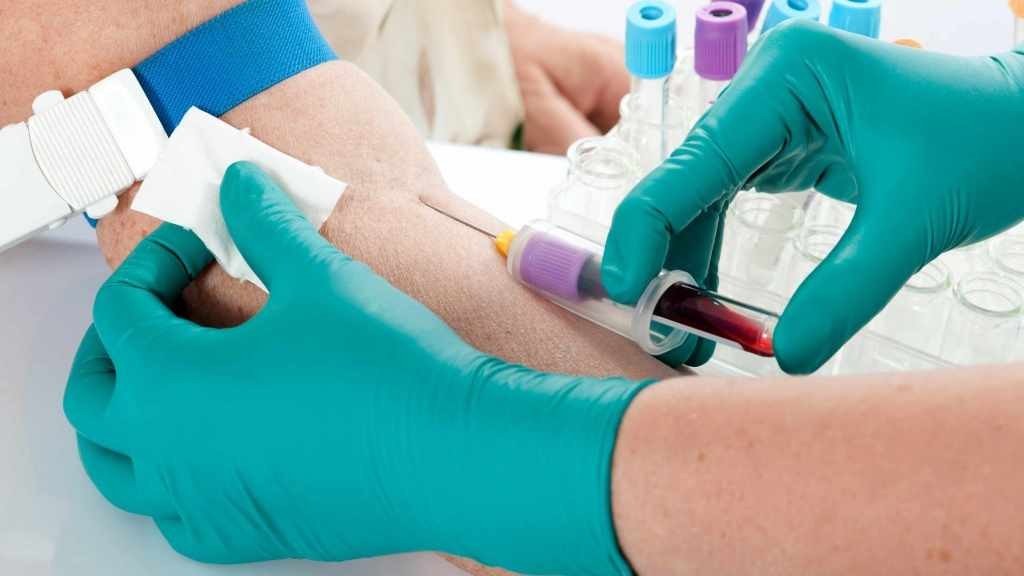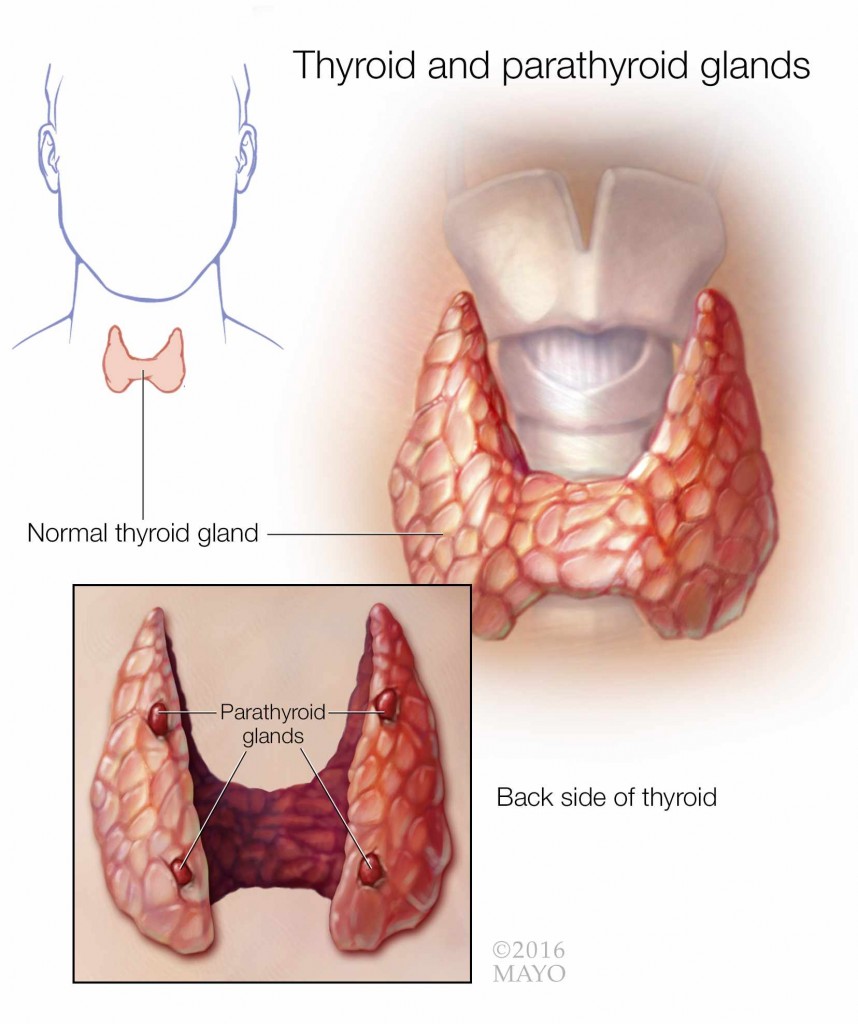-
Featured News
Mayo Clinic Q and A: Primary Hyperparathyroidism Typically Doesn’t Cause Early Symptoms
DEAR MAYO CLINIC: After a routine blood test my doctor called and said that I have higher than normal levels of calcium in my blood. He wants me to come back for another appointment to test for something called primary hyperparathyroidism. What causes this condition, and is it treatable? I am 60 and always have been very healthy.
ANSWER: Primary hyperparathyroidism is a condition that affects your parathyroid glands and the hormone those glands make. The disorder usually develops because one of the parathyroid glands is enlarged and makes too much parathyroid hormone (PTH). In most cases, removing the diseased gland cures hyperparathyroidism. Sometimes more than one parathyroid gland is overactive. In that case, more than one of the glands may be removed.
Your body usually has four parathyroid glands. These tiny glands, each about the size of a grain of rice, are located near your thyroid gland, a butterfly-shaped structure that sits at the front and center of your neck. Despite their location and name, the parathyroid glands have nothing to do with the thyroid gland. Instead they make PTH, a hormone that tightly controls the level of calcium in your blood. Calcium is the most abundant mineral in the human body.
If the parathyroid glands make too much PTH, the result can be too much calcium in your blood. That’s a problem. because, although your body uses the vast majority of its calcium to maintain healthy bones, calcium also is critically important for keeping your nerves, muscles, heart and blood vessels working the way they should. When you have too much or too little calcium in your blood, it can lead to problems in all those areas.
Primary hyperparathyroidism typically doesn’t cause any symptoms, especially in its early stages. As in your situation, high levels of calcium often are found on a routine blood test that’s done for another reason. To confirm the diagnosis, your doctor likely will run another blood test to recheck your calcium and to see if the level of PTH in your blood is also too high. If it is, then you have primary hyperparathyroidism.
In primary hyperparathyroidism, the problem comes from within a parathyroid gland. It could be the result of a noncancerous enlargement of one of the parathyroid glands, enlargement of more than one of the parathyroid glands or, rarely, cancer of a parathyroid gland.
Another type of the disease, called secondary hyperparathyroidism, can happen as a result of other medical problems, such as kidney disorders, digestive disorders or vitamin D deficiency, that cause your level of blood calcium to drop. Your parathyroid glands then make extra PTH to try to increase the amount of calcium in the blood. This is the body’s protective response to keep critical minerals, such as calcium and phosphorus, at a healthy level. If your doctor suspects secondary hyperparathyroidism, he or she may recommend additional testing to investigate the possible cause.
Treatment may be recommended for those who are young or who have complications related to primary hyperparathyroidism, such as osteoporosis or kidney stones. If your disease is uncomplicated and mild, your doctor may recommend simply keeping an eye on it with yearly follow-up appointments.
Treatment for primary hyperparathyroidism typically involves surgery to remove the gland that’s abnormal. In about 85 percent of cases, only one gland is malfunctioning, and removing that gland cures the disease. If two or three glands are affected, they also can be removed. The remaining glands pick up the work of those that are gone. If all four glands are affected, the surgeon likely will remove only three glands and a portion of the fourth — leaving some functioning parathyroid tissue.
If secondary hyperparathyroidism is the cause of your elevated PTH, then effectively treating the underlying medical condition that’s causing the PTH level to rise usually improves the hyperparathyroidism. — Dr. Robert Wermers, Endocrinology, Mayo Clinic, Rochester, Minnesota
Related Articles









